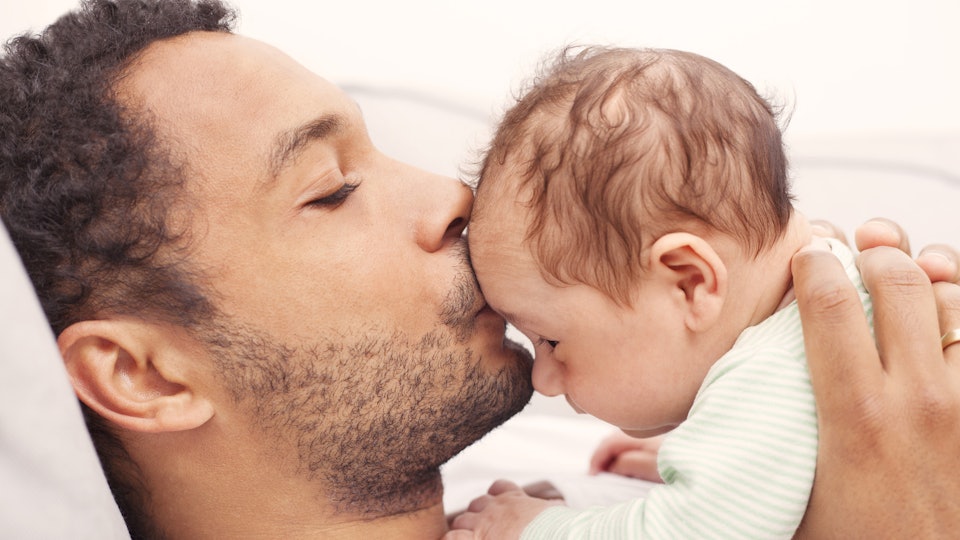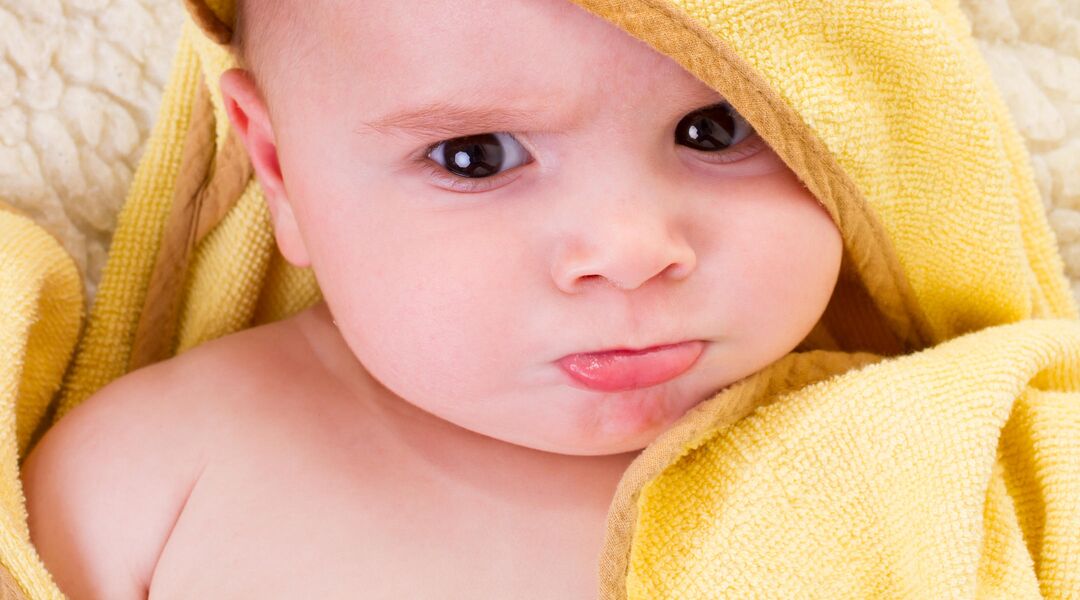It’s probably fair to say that up until the birth, the mother of the baby plays a leading role, but a Dad’s perspective is equally as important. Becoming a parent is massive change of life for both Mum and Dad. It’s no secret that Mum and Baby are the priority, so it’s not unusual for the father to feel a little side-lined. After the birth, the baby takes the lead, with Mumma following in a close second.

We spoke to father of five, Leon McGaw, about ways to avoid being that third wheel, how you can help with all aspects of parenthood. He gives some great tips on how to help your partner, and equally important, how to bond with your baby.
On Being the Third Wheel
This feeling of being on the outer is real, as Leon explains. “The third wheel thing is real for us Dads, it occurs right through pregnancy when the Mum has this unbelievable miracle of a human life growing inside them. We, the Dads/partners, have to wait about six months to feel the tiniest of kicks. Sure we know what’s happening but it’s really difficult for us to get too excited until the birth.”
Once the baby is born, Leon explains that you need to try and make up for time your partner has had to bond as the baby grows inside her. “Finally you get some time alone with this new perfect little person you helped create and for that hour or so, after the birth, it’s like the nine months of bonding all at once. But she [the baby] is not just yours and now Mum is back and it’s your time to take a back seat again, especially if she is breastfeeding.”
On Breastfeeding
There are lots of ways that Dads can help with feeding; while Mum’s the only one that can can feed, she’ll need plenty of support and Leon shares some of the ways you can help. “Get up with her for the middle of the night for feeds, even if it’s just to make her a cup of tea, tell her that the breastfeeding is going well and the baby is putting on weight and let her sleep her one hour between feeds, and basically step up.”
On Stepping Up
To be truly able to understand the ins and outs of caring for a baby you have to roll up your sleeves and get involved. Here are a few more no-nonsense hints from Leon.
“Clean the house, cook dinner and do the washing. Step up and do everything that she normally does, plus extra because you now have another person in the house that takes up so much time for someone so small. And you do this for as long as you can, when you go back to work keep doing it before and after work. And do it because you get that break to be with grown-ups again. And then it gets easier. At around the four or five-month mark your little creation starts to wake up, she starts sleeping a little more, she starts trying food, she has a personality and most of all she starts playing and that’s when us Dads start to bond again.”
On Bonding With Your Baby
If you can establish a strong bond early on you’ll feel like you’re an equal part of it all, rather than a bit part. You may not be able to feed, but you can burp the baby, change their nappy and resettle them to sleep. These are all as equally as important.
Leon is a passionate father and has a final word of advice for new Dads. “Steal all the minutes you can to bond with your kids (and never stop doing it) be as supportive a partner as you can and love every minute of it in the knowledge that it is the hardest yet most rewarding job in the world, to be a father.”
Source: https://newbornbaby.com.au

